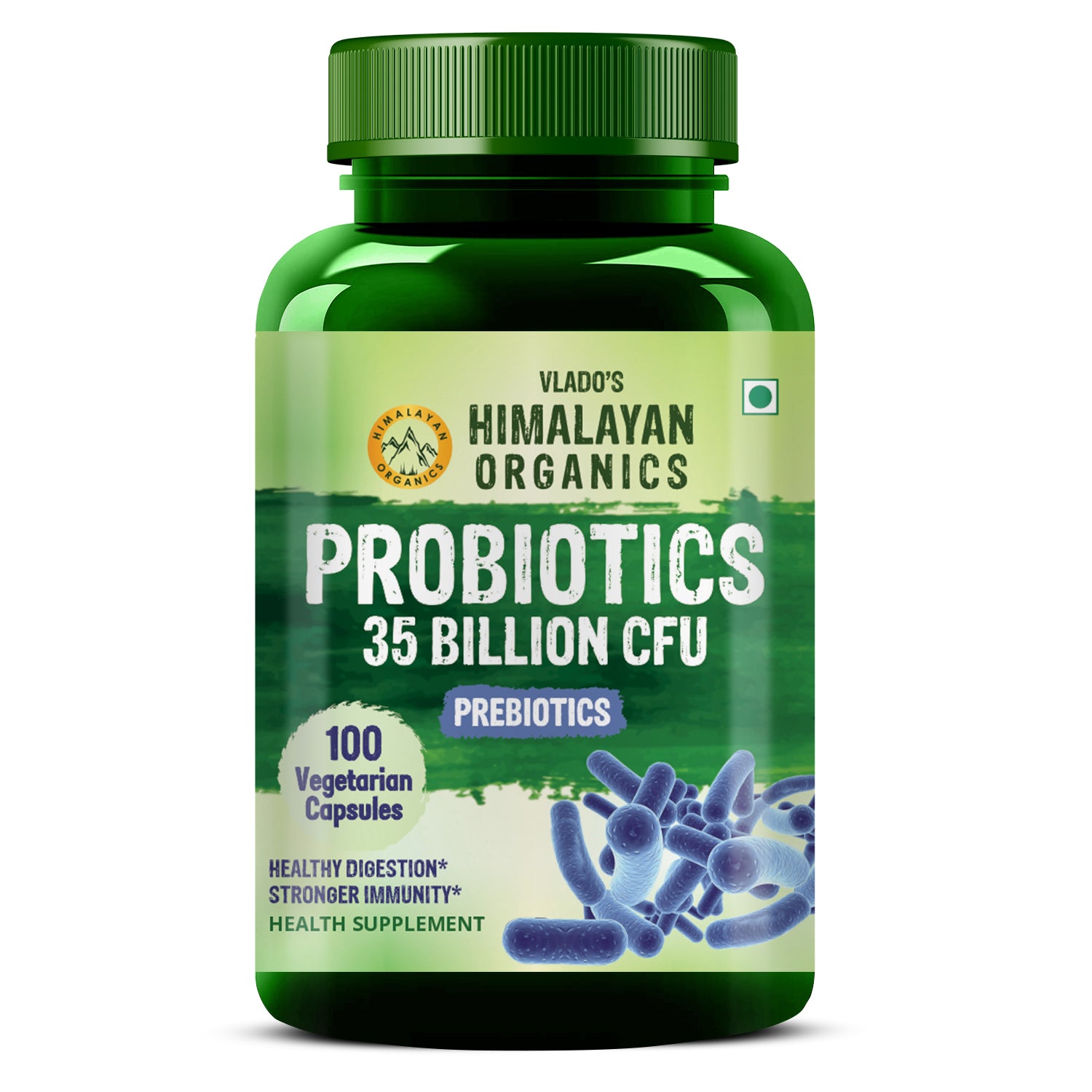Discover the Trick to Digestion and Immunity With Intestine Health Assistance

Recognizing Digestive Tract Wellness
Comprehending intestine health is important for overall well-being, as it plays a substantial duty in digestion, resistance, and even mental health. The digestive tract, consisting of the gastrointestinal tract, is accountable for damaging down food, absorbing nutrients, and getting rid of waste. A balanced gut environment ensures effective digestion, enabling the body to make use of nutrients properly.
Moreover, intestine health and wellness significantly affects the body immune system. The digestive tract houses a substantial part of the body's immune cells, and a healthy and balanced digestive tract can aid repel pathogens and lower swelling. Disturbances in digestive tract health and wellness can lead to an over active immune feedback, potentially adding to autoimmune problems and allergies.
In addition, the intestine is often described as the "2nd brain" as a result of the gut-brain axis, a complicated interaction network linking the brain and the intestine. This link affects mood, cognition, and emotional health. Concerns such as dysbiosis, identified by an imbalance in gut germs, have actually been related to psychological wellness conditions, consisting of anxiety and clinical depression.
The Digestive Tract Microbiome Explained

The gut microbiome, a diverse community of bacteria staying in the stomach tract, plays a crucial duty in maintaining gastrointestinal health and wellness and overall well-being. Comprising trillions of bacteria, infections, fungi, and various other microorganisms, this complex community help in the food digestion of food, the synthesis of necessary nutrients, and the policy of metabolic processes.
Each individual's digestive tract microbiome is one-of-a-kind, affected by aspects such as diet plan, way of life, genetics, and environmental exposures. A balanced microbiome sustains optimal digestion by damaging down complex carbs, generating short-chain fatty acids, and assisting in the absorption of nutrients. Alternatively, an imbalance, commonly described as dysbiosis, can bring about digestive system conditions, including cranky bowel disorder (IBS) and inflammatory bowel condition (IBD)
Research has actually demonstrated that a diverse microbiome is connected with better wellness results, highlighting the importance of nutritional options in supporting these microbes. Foods abundant in fiber, probiotics, and prebiotics, such as fruits, vegetables, and fermented items, can promote a healthy microbiome. Understanding the digestive tract microbiome is important for developing targeted interventions aimed at enhancing digestion health and wellness and avoiding intestinal conditions.

Link In Between Food Digestion and Resistance
A robust connection exists between food digestion and resistance, highlighting the important duty of the gut in maintaining overall wellness. The intestinal tract is home to trillions of microorganisms that form the gut microbiome, which dramatically influences both digestion processes and immune feedbacks. This facility ecological community aids in damaging down food, absorbing nutrients, and providing vital metabolites that sustain immune function.
When digestion is effective, the gut barrier stays intact, avoiding hazardous virus from entering the bloodstream. Roughly 70% of the immune system lives in the gut-associated lymphoid cells (GALT), which connects closely with the digestive tract microbiome.
Tips for Sustaining Gut Health And Wellness
Sustaining digestive tract wellness is essential for preserving both digestion performance and a well-functioning immune system. To promote ideal gut health, take into consideration top article including numerous sensible strategies into your daily routine.
First, focus on hydration. Consuming alcohol appropriate water sustains digestion and helps keep the mucosal cellular lining of the intestinal tracts. Furthermore, regular exercise can enhance digestive tract motility and advertise a diverse microbiome.
Conscious eating methods are additionally necessary. Chewing food extensively and consuming gradually can assist food digestion and protect against overindulging, which may stress the intestine. Additionally, handling stress via methods such as reflection, yoga, or deep-breathing workouts can favorably influence intestine health and wellness, as tension is understood to interfere with digestion procedures.
Including prebiotics and probiotics right into your routine is one more efficient technique. While details foods will certainly be reviewed later on, recognizing the significance of these elements is critical. Prebiotics work as food for helpful gut germs, while probiotics introduce real-time beneficial organisms.
Finally, prevent too much use of anti-biotics, as they can disrupt the balance of intestine vegetation. By following these ideas, you can substantially add to the maintenance of a healthy and balanced intestine, which is essential for total wellness and vitality.
Foods That Promote Intestine Health

Fermented foods, such as yogurt, kefir, kimchi, and sauerkraut, are abundant in probiotics, which are valuable bacteria that support digestive tract plants and enhance food digestion. These foods can aid bring back equilibrium in the gut, particularly after antibiotic use or digestive system disruptions.
In addition to fermented alternatives, prebiotic foods, such as garlic, onions, asparagus, and bananas, work as nourishment for these probiotics, advertising their growth and activity. These soluble fibers sustain gut mobility and can minimize issues like bowel irregularity.
Additionally, integrating high-fiber foods, including whole grains, veggies, beans, and fruits, is crucial for preserving a healthy gut. Fiber help in normal bowel activities and assists avoid gastrointestinal problems.
Finally, omega-3 fatty acids discovered in fatty fish, flaxseeds, and walnuts have anti-inflammatory residential or commercial properties that can even more sustain gut health and visit this page wellness. Highlighting these foods in your diet can cause a robust gastrointestinal system and improved immune feature.
Conclusion
In conclusion, prioritizing gut health and wellness is vital for enhancing digestion and improving immunity. A balanced digestive tract microbiome, influenced by dietary options and way of life elements, plays a critical role in nutrient absorption and inflammation decrease. Incorporating fermented foods, prebiotics, and high-fiber alternatives, along with proper hydration and stress and anxiety monitoring, can substantially advertise gut wellness. By taking on these approaches, people can sustain Related Site total wellness and vitality, opening the potential benefits of a well-functioning stomach system.
Recognizing digestive tract health and wellness is critical for general wellness, as it plays a significant role in food digestion, immunity, and also mental health. The gut houses a substantial part of the body's immune cells, and a healthy intestine can assist fend off virus and lower swelling.In addition, the digestive tract is commonly referred to as the "second mind" due to the gut-brain axis, a complicated communication network linking the gut and the brain.A durable link exists in between digestion and immunity, highlighting the important role of the digestive tract in keeping total health and wellness.In final thought, prioritizing digestive tract health and wellness is essential for enhancing food digestion and enhancing resistance.